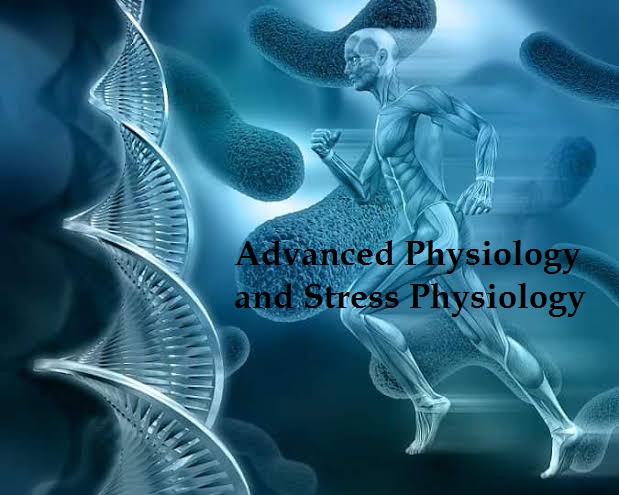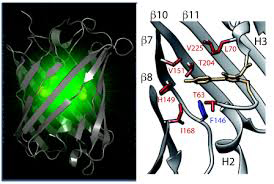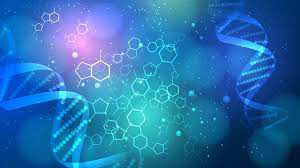
INB-CC-524 - Cell Biology and Genetics
- Articulate and exemplify the structural and functional details of the basic unit of life at the molecular level
- Give an overview of the structures and purposes of basic components of prokaryotic and eukaryotic cells
- Gain knowledge on cellular macromolecules, membranes and organelles
- Figure out the major cell signaling events and its regulatory mechanisms
- Apply the mechanisms of inheritance to analyze the factors influencing gene expression and its regulation
- Understand the major cellular events like cell cycle, checkpoints in cell cycle and control of cell division

ADVANCED PHYSIOLOGY AND STRESS PHYSIOLOGY
CO1: The course articulate and exemplify basic knowledge of study and comparison of organ systems across the animal world.
CO2: Give an overview of the comparative functioning of different animal systems.
CO3: Gain knowledge on human physiology.

ENVIRONMENTAL BIOLOGY
CO1: Eloquent understanding of the fundamentals in ecological studies and exemplifies the basic concepts of ecology.
CO2: Facilitate to remember and analyse the way of interaction between organisms, species and communities.
CO3: Gain knowledge on the impact of natural and human altered ecosystems on environment.
CO4: Comprehend the concept of adaptation of biotic elements with abiotic factors.
CO5: Apply concepts and principles of ecology to evaluate the causes and consequences of pollution in the environment.
CO6: Understand to create new ideas based on resource ecology and applied ecology.

INB-CC-521 BIONINSTRUMENTATION, BIOSAFETY AND BIOETHICS
CO1: Understand the major tools and techniques used for studying biochemical and
biophysical nature of life
CO2: Learn about analytical methods used for measuring biomolecules and
pharmacologically active substances
CO3: Develop knowledge on safety concerns which arise during and after any biological
assay is performed
CO4: Comprehend protocols better and create new procedures by improvising existing
assays to measure various biomolecules
CO5: Gain awareness about the ethical aspects involved in biology and biological
research including intellectual property rights
CO6: Apply knowledge achieved to create new assessments tools for measuring levels of biomolecules

INB-CC-523 BIOCHEMISTRY AND BIOPHYSICS
CO1: Understand the structure and functions of various biomolecules
CO2: Learn about the metabolism of major biomolecules and how the processes are
regulated and the diseases caused when the regulation is disrupted
CO3: Expand knowledge on diverse catalysts that trigger and regulate biochemical
events in cells
CO4: Comprehend and train in fundamental concepts in biophysics
CO5: Gain knowledge about various biophysical methods used to study diverse
biomolecules at micro and macro levels
CO6: Apply knowledge perceived to generate new information and techniques using
principles of biophysics